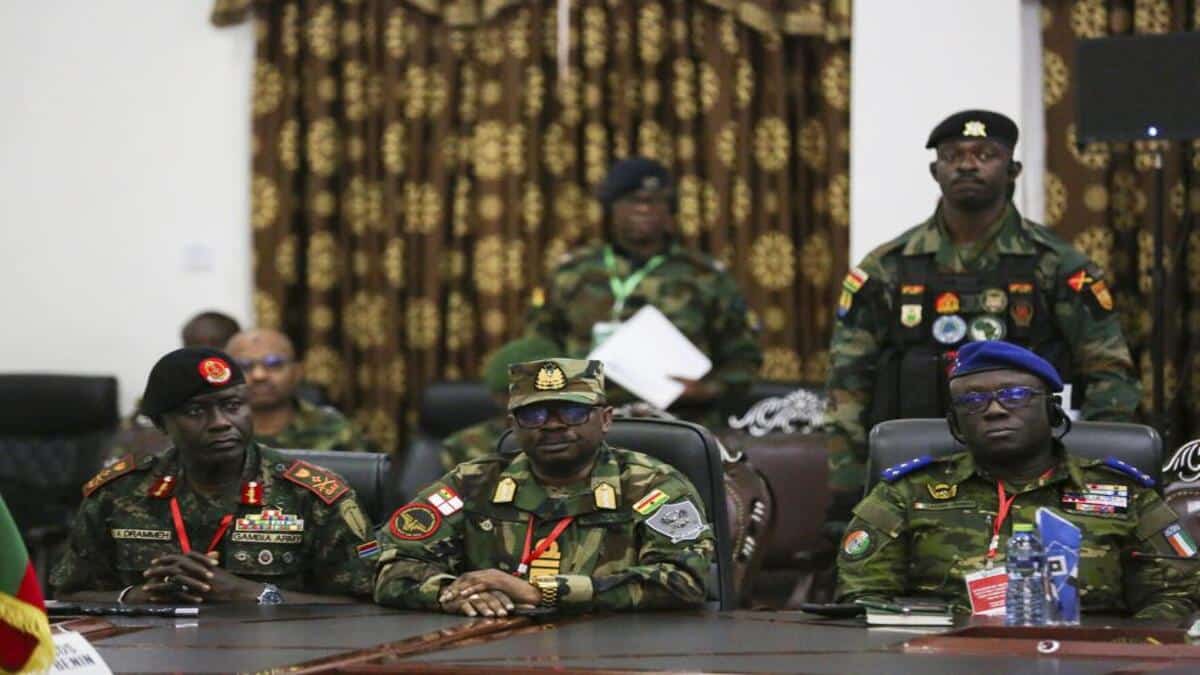Analysts believe that more than three weeks after a military coup in Niger toppled a democratically elected government, the international community is still at odds on how to deal with the new political reality. Fault lines are even emerging among Western allies. Former colonial ruler France continues to vehemently oppose the new government in Niamey, while Russia, unsurprisingly, sees the coup as an opportunity to expand its influence. The rest of the world is split down the middle. France promptly denounced the coup and made it known that it may assist an armed uprising in Africa to restore President Mohamed Bazoum, But the neighbours of Niger, who would probably be in charge of military involvement, allowed their own ultimatum to the new leadership to pass without sending in soldiers.
The Economic Community of West African States (ECOWAS) agreed to activate a “standby force to restore constitutional order” in Niger, but did not specify when or even whether it would be used. On Thursday, West African military chiefs began a two-day meeting in Ghana to discuss a potential armed intervention.
On August 10, ECOWAS commanded the deployment of a “standby force” to reinstate the nation’s constitutional government. The troops who deposed Mohamed Bazoum, the democratically elected president of Niger, in July have since solidified their hold on power, rejected most attempts at negotiation, and held Bazoum, his wife, and his son under house arrest in the nation’s capital. Abdel-Fatau Musah, the commissioner for peace and security for ECOWAS, said on Friday that 11 of the organization’s 15 member nations had agreed to send soldiers on a military mission and that they were “ready to go” anytime the order was issued.
Niger and the three other countries in the bloc that are governed by the military as a result of coups—Guinea, Mali, and Burkina Faso—are not included in the list of 11 nations. The latter two have issued a warning that any interference in Niger would be viewed as an act of war. State television in Niger said on Friday that Mali and Burkina Faso had sent jets to the nation as a gesture of support. Conflict watchers claim that ECOWAS has made a number of hollow threats to impose a return to democracy in Niger before Friday’s statement. The bloc offered the junta seven days to free and bring back Bazoum immediately after the coup, but the time passed without any action being taken.
In 2017, after longstanding leader Yahya Jammeh refused to resign after losing the presidential election, ECOWAS deployed force to restore peace in its member nations, including the Gambia. But even in that instance, Jammeh looked to be acting alone after the Gambian army swore loyalty to Adama Barrow, the election winner. That move had required diplomatic efforts spearheaded by the then-presidents of Mauritania and Guinea. However, a large number of city dwellers claim they are getting ready to fight back against an aggressive ECOWAS incursion.
Thousands of people in Niamey lined up outside the big stadium on Saturday to sign up as volunteers, participants in the struggle, and aiders in case the junta needed assistance. While groups of young people raucously yelled in support of the junta and against ECOWAS and the nation’s former colonial power France, some parents brought their kids to sign up, while others claimed they had been waiting since three in the morning.
Political expert Corinne Dufka, who specialises in the Sahel, said: “While Niger’s leaders are consumed by politics in the capital, the drumbeat of lethal jihadist attacks goes on in the countryside.”
“The recent assaults should serve as a catalyst for all parties to strive towards a transition that is both swift and inclusive so that they can return to the critical task of defending people from the deadly effects of conflict. When the time is right, Nigeriens and her partners should carefully consider the causes and circumstances of Niger’s failed democratic transition.


